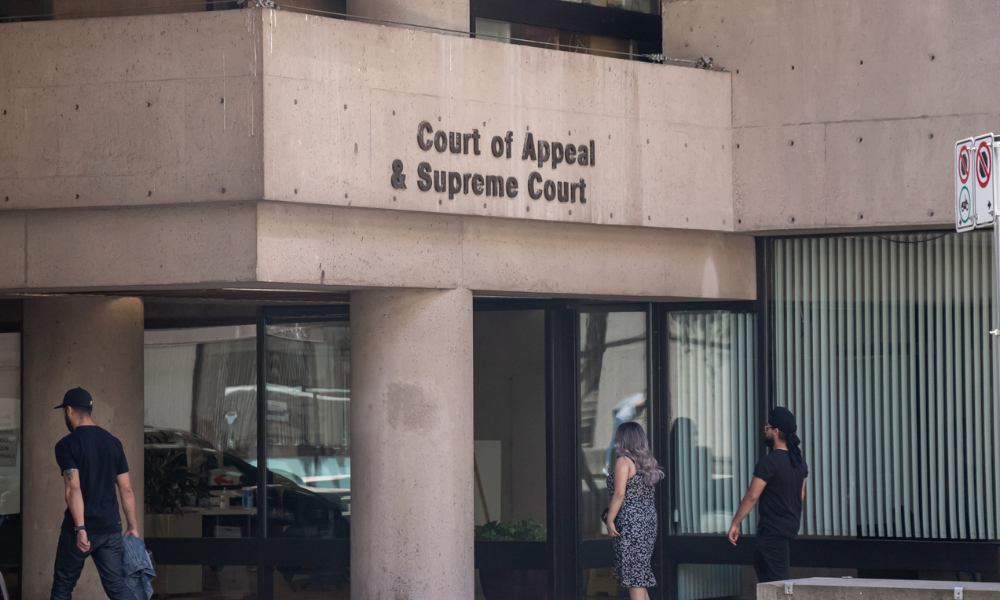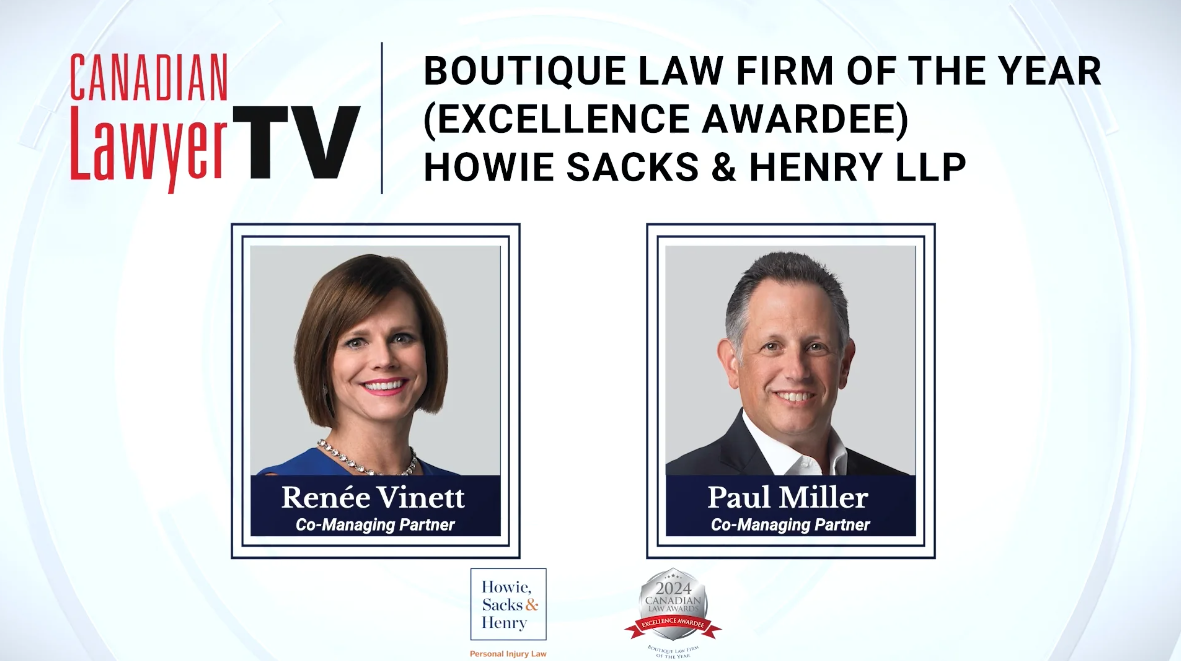A Calgary law firm that does work in the fintech and crypto-currency sector has begun accepting payment for legal services in Bitcoin.

A Calgary law firm that does work in the fintech and crypto-currency sector has begun accepting payment for legal services in Bitcoin.
This week, McLeod Law LLP announced its fintech group was leading the way, offering it as an option to certain clients as an alternative way to pay their legal bills.
Using Coinsquare, a crypto-currency exchange provider, associate Matthew Burgoyne says the platform allows the firm to securely accept Bitcoin, Bitcoin Cash, Ether and other digital currencies.
“I act for a number of individuals and businesses in this space, so it was about trying to address the demand from people in the crypto-currency industry that I act for,” says Burgoyne, who is head of the firm’s fintech group. He says the move to accept Bitcoin was “part and parcel” of establishing the practice group. About 50 per cent of his practice is in the crypto-currency and blockchain space.
“When I started mentioning it in the crypto-currency, blockchain space, they seem encouraged by it and enthusiastic and we’ve had a few clients pay in Bitcoin.”
The firm had unofficially accepted Bitcoin for services in 2014 and tried it with a few clients, but it abandoned the project because of the fluctuations and a lack of credible crypto-currency exchange platforms back then.
“I have some experience in buying and selling crypto-currency,” says Burgoyne. “We have evolved since 2014 and there are more credible exchanges out there, so I thought why not get a business account for our firm? When dealing with clients in the emerging company space, they may be Bitcoin and Ether heavy but cash poor, so why not give them an opportunity as an alternative way to pay their legal bills?”
Burgoyne approached the Law Society of Alberta about whether there were any restrictions on the firm accepting Bitcoin and spoke to a senior practice advisor who referenced that people have paid for legal services with other goods in history.
“Over the years, I have heard of lawyers taking a car as security for payment and so the law society had said ‘there is nothing in principle we think prohibits this, but let’s get out a notice — not specifically dealing with crypto-currency but bartering in general and when a lawyer can accept bartered goods in exchange for payment.”
In January, the LSA memo was issued entitled "Bartering Legal Services," which sets out parameters and guidelines if someone is accepting something other than cash or credit.
“What the law society encouraged me to do and what our firm wanted to do is accept the payment in crypto-currency and immediately sell it for Canadian dollars on the exchange and initiate a wire transfer of the Canadian dollars from the exchange into our trust account,” says Burgoyne.
The firm is not holding the crypto-currency for any period of time.
“The exchanges now are far better than they were in 2014 and far more user friendly. It’s a good time for us to start doing this and offer the option to people,” he says.
Burgoyne says another upside to Bitcoin is that payment can be made faster. A client who had a substantial holding in Bitcoin recently remitted payment to the firm from the U.S.
“I had a client who is a Calgarian living in Seattle who is a tech entrepreneur in the U.S., and it was going to be difficult for him to get the money to our firm because he had to go through several steps to have someone in Calgary on his behalf transfer the money to him, whereas when we offered him to make the payment in Bitcoin he said he could have it to us in 40 minutes. We actually had payment in half an hour,” he says. “Normally, we wouldn’t have been able to commence any work for him until we received payment, which might have taken upwards of a week and a week and a half given his circumstances.”
According to spokeswoman Susan Tonkin, the Law Society of Ontario regularly considers the Rules of Professional Conduct and bylaws to ensure that they address the "modern realities of the practice of law and the provision of legal services."
“Other than s. 4 of By-law 9, which restricts the amount of cash that a lawyer may receive in respect of any one client file (except for the exemption noted in s. 6e), there is nothing in our rules and bylaws that restricts how a licensee is reimbursed for legal services provided to a client that have been completed and properly billed.”









